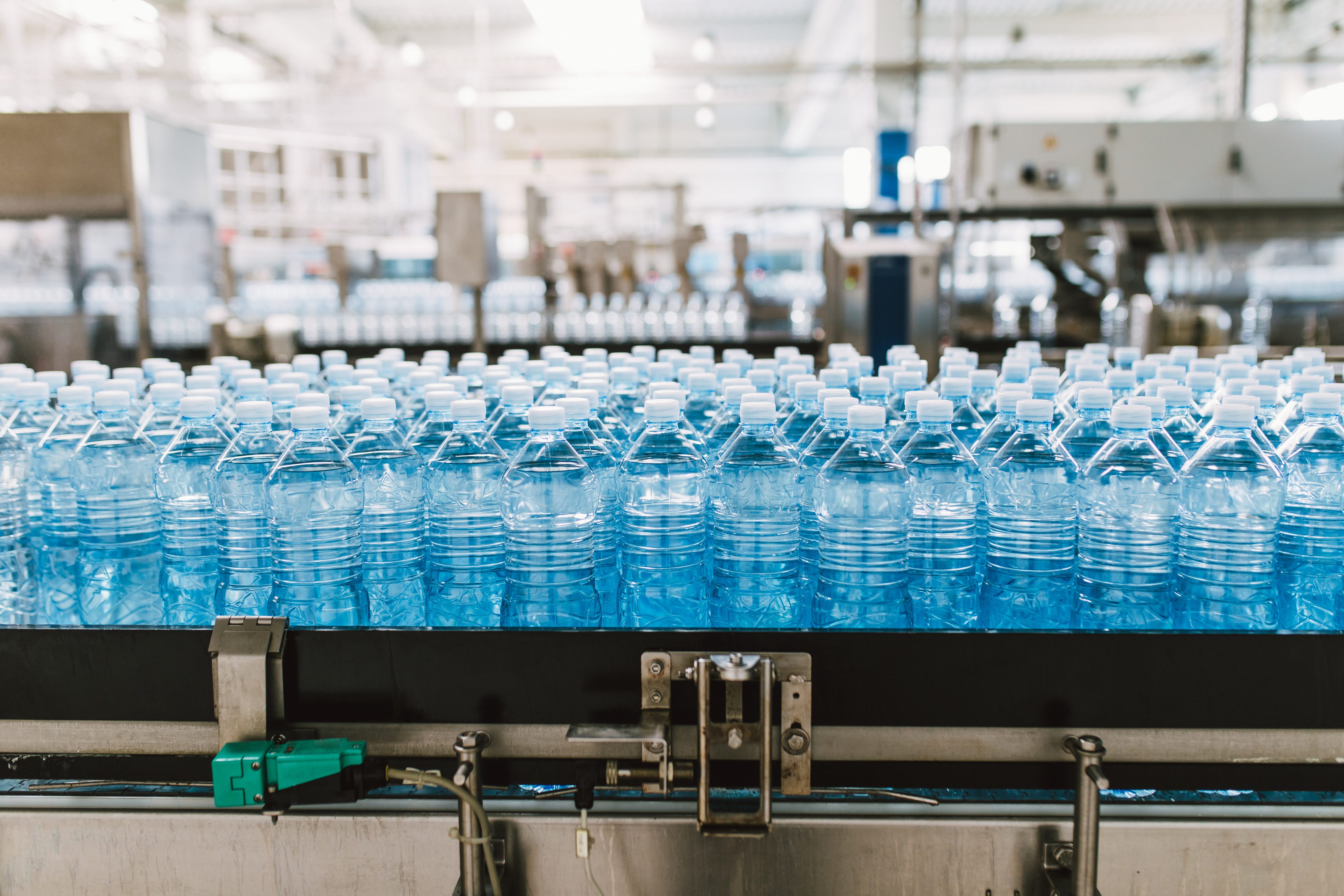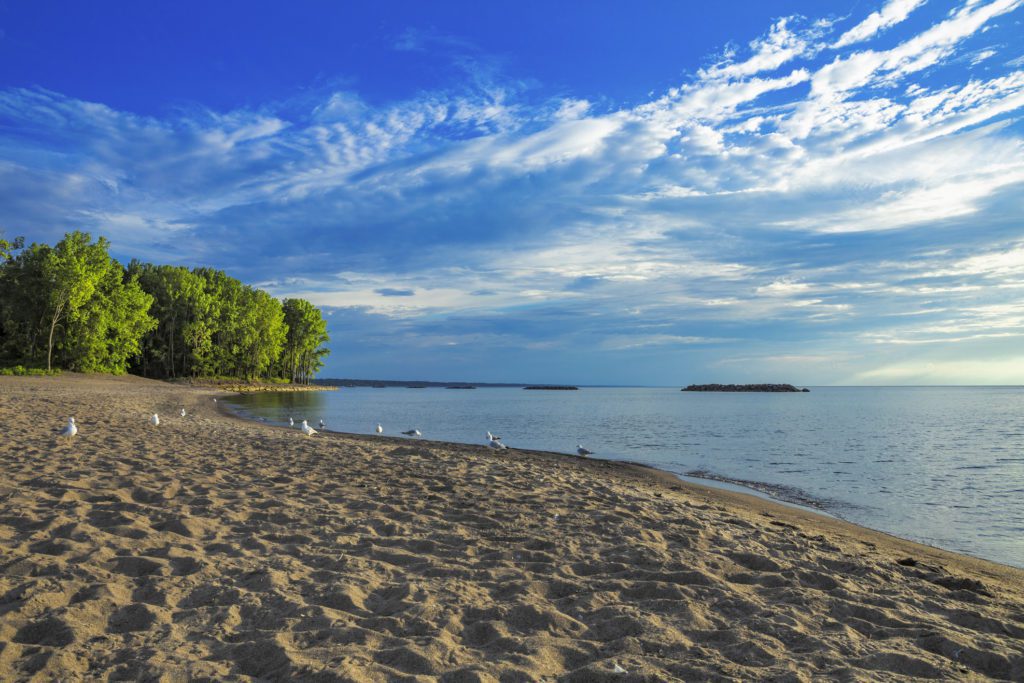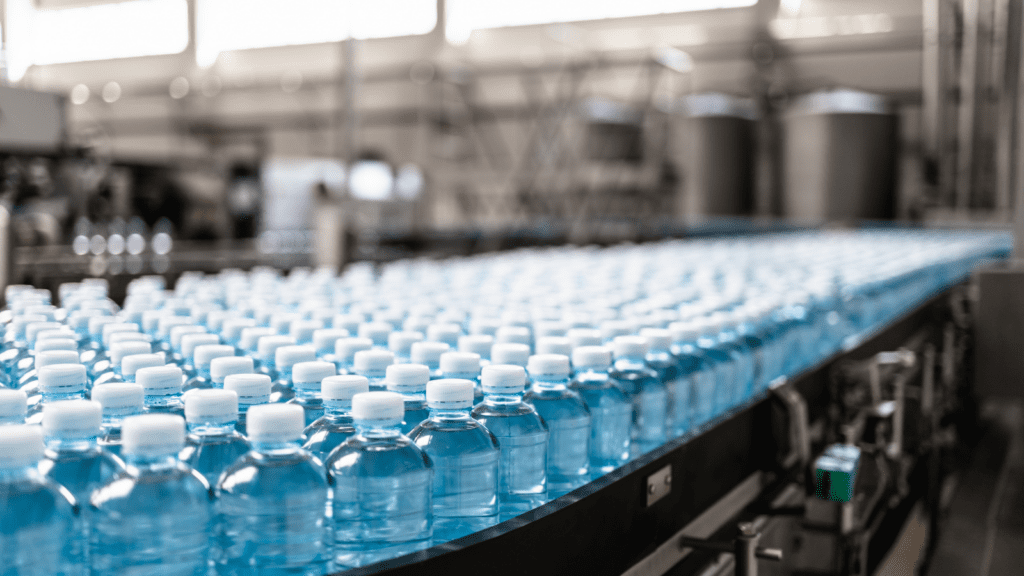Update: on December 23, 2019, the Ontario government announced that the moratorium on new or expanded water bottling permits was extended until October 1, 2020.
Last month, the Ontario government announced that it was proposing to extend its moratorium on new or expanded water bottling permits in the province. This was great news as the moratorium was set to expire at the end of this year. And it happened because tens of thousands of our supporters and Ontarians took action to say “our water is not for sale”.

With this victory in mind, the next question is: what happens now? The proposal to extend the ban until October 2020 is a positive step. It addresses the immediate threat of companies, like Nestlé, that are trying to take more Ontario groundwater. However, it does not make the issues with bottled water go away.
(Side note: The proposal is currently posted for public commentary until December 18. You can visit the Environmental Registry of Ontario to add a comment and express your support for the extension.)
There are a few things that need to happen between now and October 2020 to make sure our groundwater is protected for generations to come.
1. Share the scientific review with the public
Over the past three years, there was an on-going scientific evaluation to determine how the bottled water industry is impacting Ontario’s groundwater supplies. According to the government, this research is now complete. Now, it needs to be made publicly available, so the public has a chance to review and consult on it.
2. Use science to revamp water taking rules
Ontario’s permit-to-take water system was not designed to accommodate industries, like water bottling, which commodify and monetize our public water. The scientific review should be used to inform stronger water taking policies. New rules should: 1) put community drinking water supply first, 2) ban water taking during drought conditions, and 3) consider cumulative uses of groundwater to ensure long term supply.
3. Communities should have a say
This is especially true for the Middlebrook, Aberfoyle and Erin wells in southwestern Ontario. The local communities surrounding these operations are largely opposed to Nestlé’s water taking. In particular, the Township of Centre Wellington was relying on the Middlebrook well for the municipality’s future drinking water supply. New rules for water bottlers should be clear in putting people first above profit and drinking water should be protected from corporate exploitation.
Over the next nine months, we’ll be watching developments on this issue very closely. We hope the government will propose strong policies that protect groundwater today and into the future. If not, we’ll be calling on you to once again stand up to protect our water. Our collective actions had a major impact in 2019. Our New Year’s resolution will be to not give up until Ontario’s groundwater is protected today and for generations to come.







